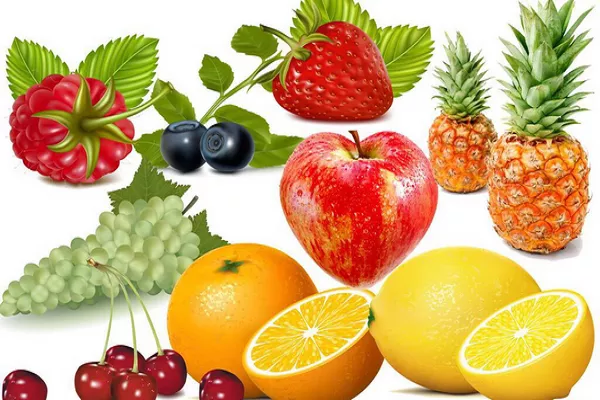Losing belly fat is a common goal for many individuals striving for a healthier and fitter physique. While exercise plays a crucial role, nutrition is equally important when it comes to shedding unwanted pounds around the midsection. In this comprehensive overview, we will explore the key components of a diet that promotes belly fat loss. By understanding the principles of healthy eating and making informed choices, you can optimize your nutrition to support your weight loss goals.
The Role of Nutrition in Belly Fat Loss:
Before diving into specific foods, it’s important to understand the role of nutrition in losing belly fat. When it comes to weight loss, creating an energy deficit is crucial. This means consuming fewer calories than you expend. However, not all calories are created equal. Opting for nutrient-dense foods that support satiety, regulate blood sugar levels, manage hunger, and provide essential nutrients is key in achieving sustainable belly fat loss.
Whole Foods and Fiber:
Incorporating whole, unprocessed foods into your diet forms the foundation of a belly fat-reducing eating plan. These foods are rich in vitamins, minerals, antioxidants, and fiber, which contribute to overall health and support weight loss. High-fiber foods are particularly beneficial as they promote feelings of fullness and aid digestion. Include the following in your diet:
Fruits and Vegetables:
These are excellent sources of fiber, water, and essential nutrients. Aim for a variety of colorful fruits and vegetables such as berries, leafy greens, broccoli, bell peppers, and citrus fruits.
Whole Grains:
Choose whole grains like quinoa, brown rice, oats, and whole-wheat bread instead of refined grains. Whole grains provide more fiber and have a lower impact on blood sugar levels.
Legumes:
Incorporate beans, lentils, chickpeas, and other legumes into your meals. They are high in fiber, protein, and other nutrients while being low in fat.
Lean Proteins:
Protein is an essential macronutrient for muscle growth, repair, and satiety. Including adequate amounts of lean protein in your diet can help reduce cravings, increase metabolism, and support belly fat loss. Opt for the following sources of lean protein:
Poultry:
Choose skinless chicken or turkey breast.
Fish:
Include fatty fish such as salmon, mackerel, and sardines, which are rich in omega-3 fatty acids and provide additional health benefits.
Eggs:
Enjoy eggs in moderation, as they are a good source of protein and contain essential vitamins and minerals.
Plant-Based Proteins:
Incorporate tofu, tempeh, edamame, and legumes into your meals if you follow a vegetarian or vegan diet.
Healthy Fats:
Contrary to popular belief, not all fats are harmful. In fact, healthy fats are essential for various bodily functions and can actually support belly fat loss by promoting satiety and providing a steady source of energy. Include the following sources of healthy fats in your diet:
Avocados:
Rich in monounsaturated fats, avocados provide a creamy texture and can be added to salads, smoothies, or enjoyed on toast.
Nuts and Seeds:
Almonds, walnuts, chia seeds, flaxseeds, and hemp seeds are excellent sources of healthy fats, fiber, and essential nutrients. Enjoy them as snacks or add them to your meals.
Olive Oil:
Use extra virgin olive oil as your primary cooking oil or drizzle it over salads for its antioxidant properties and heart-healthy benefits.
Hydration and Avoiding Sugary Beverages:
Staying properly hydrated is essential for overall health and weight management. Water helps maintain proper bodily functions, supports digestion, and aids in appetite control. Aim to drink enough water throughout the day and replace sugary beverages with healthier alternatives like herbal tea or infused water.
Mindful Eating:
Practicing mindful eating can contribute to belly fat loss by promoting awareness of hunger and fullness cues, preventing overeating, and fostering a healthy relationship with food. Slow down while eating, savor each bite, and pay attention to your body’s signals of satiety.
Portion Control and Moderation:
While choosing nutritious foods is important, portion control and moderation are equally vital. Even healthy foods can contribute to weight gain if consumed in excess. Be mindful of portion sizes and listen to your body’s hunger and fullness signals.
Considerations for Individual Needs:
It’s crucial to acknowledge that individual dietary needs may vary based on factors such as age, sex, activity level, and any underlying medical conditions. Consulting with a registered dietitian or healthcare professional can provide personalized guidance tailored to your specific requirements and goals.
Related topics:


